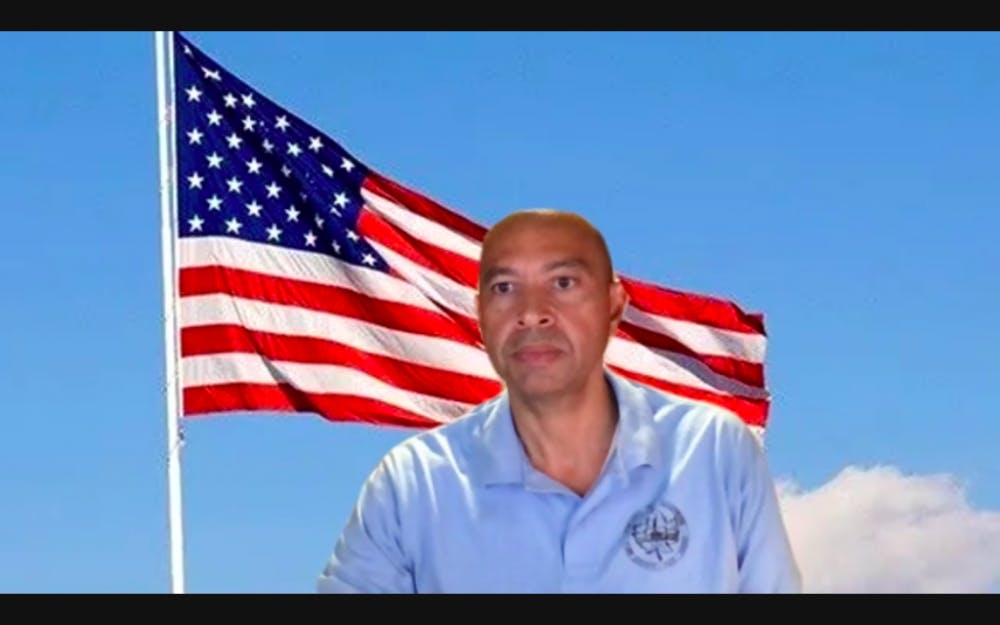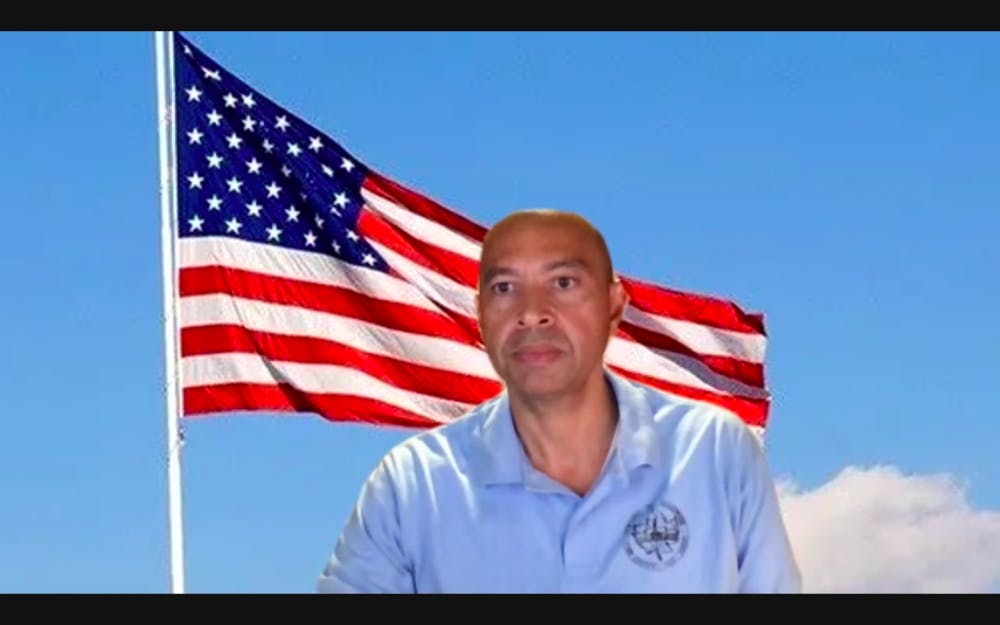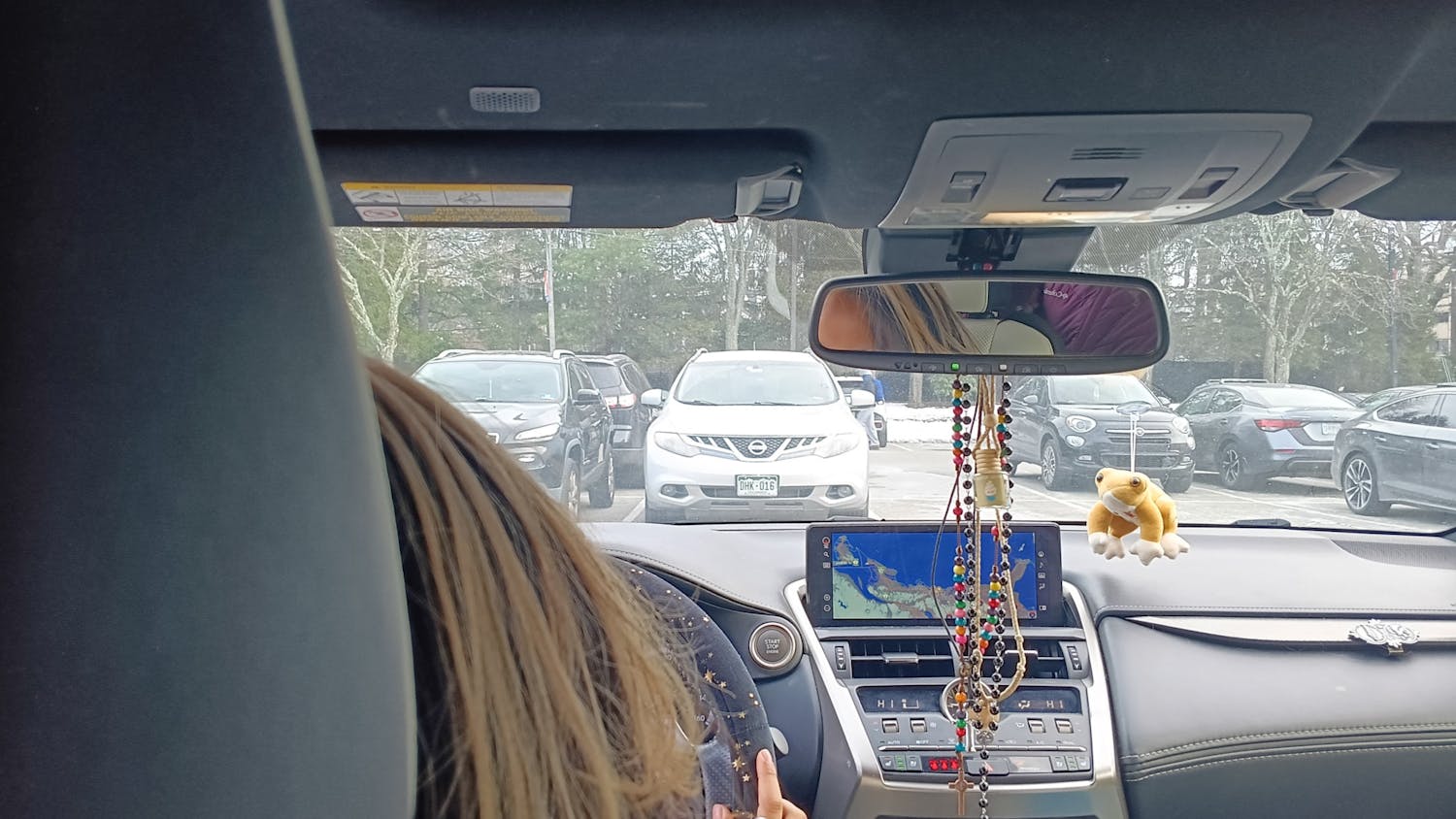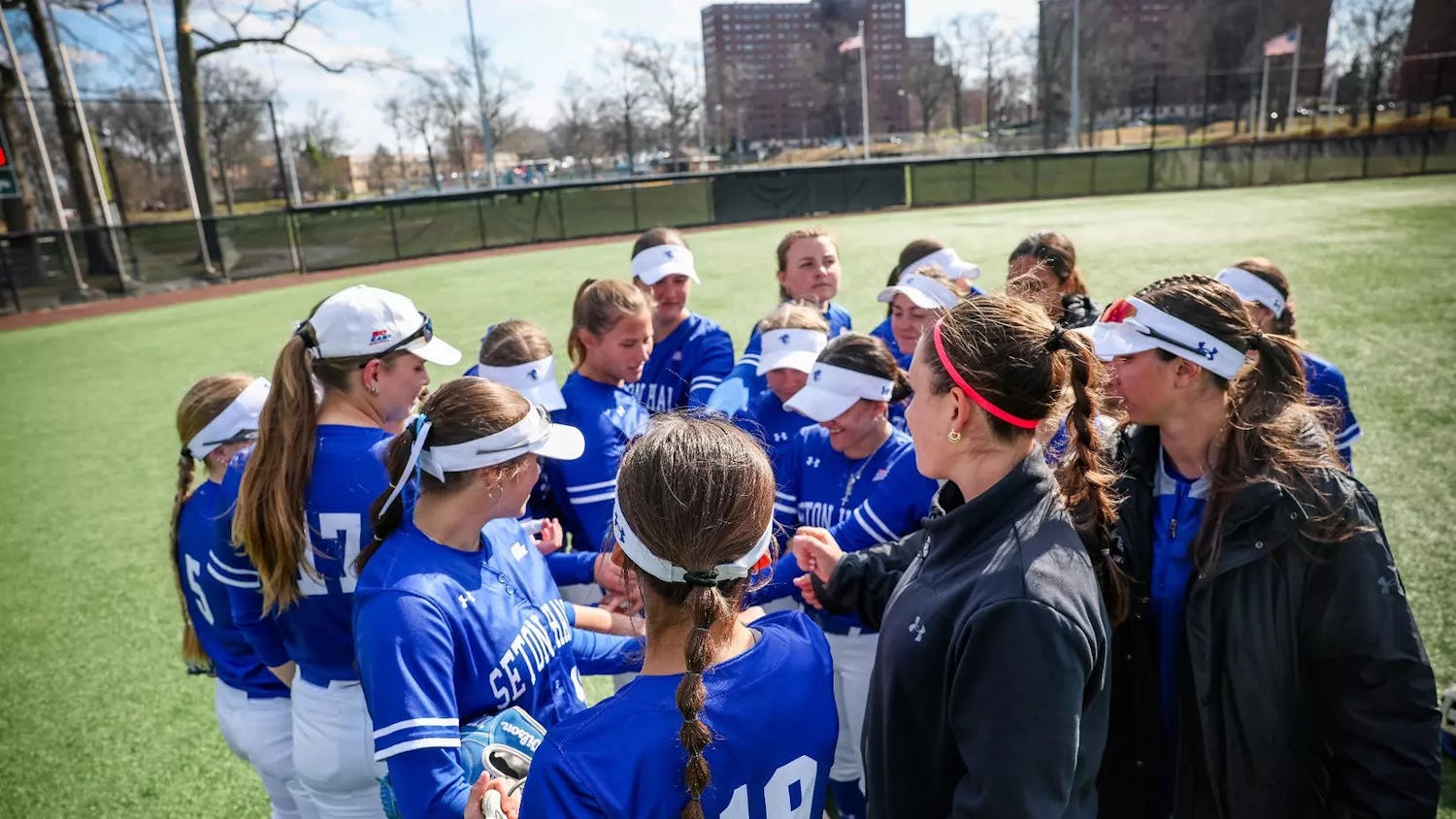The Maplewood auxiliary police force will be disarmed and indefinitely suspended, the Maplewood Township Committee voted Tuesday.

The vote followed concerns raised by Maplewood residents regarding the necessity and legality of volunteer police officers carrying firearms.
The Maplewood Police Department’s (MPD) auxiliary police force is a volunteer organization that supplements Maplewood’s official police force. According to MPD’s website, members of the force need to be 18 or older, residents of Maplewood or nearby municipalities, have a valid New Jersey driver’s license and in good physical and mental health.
The Maplewood Township Committee, which has five members and is led by Maplewood Mayor Frank McGehee, voted to disarm Maplewood’s auxiliary police by a three-vote majority with one abstention. The committee also voted to indefinitely suspend the auxiliary police pending further decisions and discussions regarding their functions, which was also by a three-vote majority.
Maplewood’s auxiliary police has not operated since late July as they were placed on a 90-day suspension leading up to Tuesday’s meeting.
“While I do not think that we should disband the auxiliary police volunteer program, tonight I will go on record to say that we need to completely disarm this volunteering program forever and suspend the program indefinitely until we can rewrite our standard operating procedures and develop a new training program that decouples training from any need for the use of a firearm by volunteers near residents,” McGehee said. “The community has spoken, and I, for one, am listening.”
The Township Committee took public comments from over 20 current and former Maplewood residents, with most speaking in favor of disarming the auxiliary police.
“We should take advantage of this transformative moment to explore holistic approaches to public security that do not involve weaponized responses from the authorities,” Maplewood resident David Letwin said during the public comment period.
Multiple residents shared similar arguments and lines of thinking to those expressed by members and supporters of the George Floyd protests, citing what they describe as an increased risk of improper use of lethal force.
“Deciding that there shouldn’t be one more person carrying a killing weapon on the streets of Maplewood than required should be easy,” Maplewood resident Khadjiah White said. “Please don’t make us wait for another tragedy before you choose to do what is right.”
“We know that our [auxiliary police] want to help the community and that they have the best of intentions, but they are not immune to accidents,” Kimberly Takacs, another Maplewood resident, said. “We have to acknowledge that this risk disproportionately affects our black and brown neighbors.”
Not all residents expressed support for disarming the auxiliary police.
Ileana Castillo said many in the community “see this as a first step towards defunding the police and caving-in to special interest agendas in our community.”
Regarding the community’s ability to respond to crime, Castillo said “we need to be diligent to maintain our preemptive capability rather than passing political theater.”
Committee members and residents cited both Maplewood Police Chief James DeVaul and Auxiliary Police Chief Joseph Yacenda for saying that auxiliary police officers could previously carry firearms during emergency situations and training exercises.
According to Deputy Mayor Dean Dafis, “the chief said unequivocally that ‘everything is training, and anything can be an emergency.’”
Dafis did not specify which chief made this statement.
“I hope (the committee) and the taxpayers understand what is involved in the disarming of the auxiliaries and the future economic impact (if) there are no longer any auxiliaries working in the township of Maplewood,” Yacenda said during the public comment section of the meeting.
Yacenda also suggested that false information had been circulating regarding the auxiliary police, though did not speak further on or offer additional evidence on this matter.
Discussion among committee members, with assistance from Municipal Attorney Roger Desiderio, began after the public comment session had concluded. Though McGehee, Dafis and Committeeman Victor De Luca agreed that the auxiliary police should be disarmed, Committeewoman Nancy Adams and Committeeman Gregory Lembrich said they felt that the community is unprepared to supplement the services provided by the auxiliary police under their current standard operating procedure.
“I know that we’ve had auxiliary police historically in this community for some 60 to 70 years carrying weapons with zero incidents,” Adams said. “I would like to propose to my colleagues that before we make any decision on arming or disarming, we figure out what we are doing after we make that decision.”
De Luca responded and said “the past can’t determine the future.”
Lembrich pointed toward the dangers posed by volunteering as an auxiliary police officer and said that family members of current auxiliary police members are “very concerned about disarming and frankly just will not allow their loved ones to serve without the ability to protect and defend themselves.”
Lembrich cited a rising number of issued handgun permits in Maplewood and other nearby communities as rationale for keeping the auxiliary force armed.
“I understand the very sincere concerns about adding guns in our community, but our residents are arming nonetheless,” Lembrich said.
“Disarming and potentially disbanding the auxiliary police is taking away a key connection in having our neighbors serve alongside our full-time officers in the community. We need systemic change, and I think we are focusing on the wrong objectives.”
Lembrich also said that the auxiliary officers are highly trained.
“[Officers undergo] hundreds of hours of training just to start,” he said. “They take and pass the same twice-a-year certification as our regular officers, receive the same mandatory training in use of force, de-escalation, racial bias and other subjects as our full-time officers.”
Shortly before the committee moved to vote on the matter, DeVaul asked the committee to continue trusting him to guide them—as he has in the past—with matters pertaining to the police.
“Whatever decision is made here tonight, I know that I am going to be part of whatever the next decision is going to be,” DeVaul said.
McGehee said he will schedule follow-up meetings with DeVaul, the appropriate authorities and the committee as they work to reassess the auxiliary police’s standard operating procedures.Louis Motta can be reached at louis.motta@student.shu.edu





